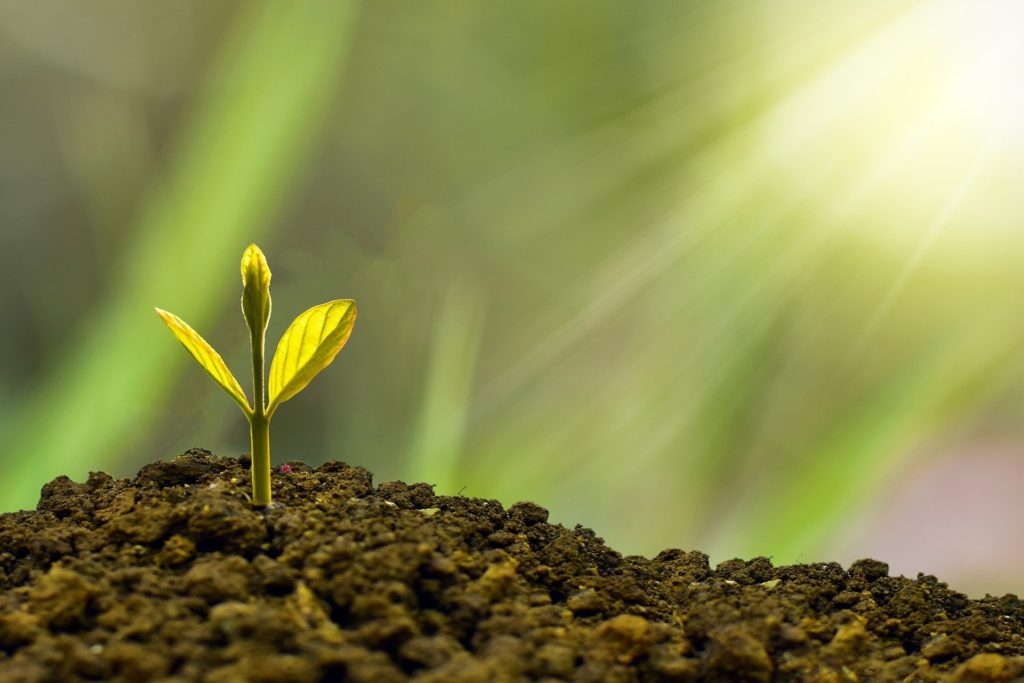Description: Private Tutor Rebecca teaches that perspective on learning can impact a child’s educational development. In this article, she describes how to develop a growth mindset.
‘Every student can learn, just not on the same day, or the same way.’ – George Evans
After nearly 15 years of teaching and eight years of teaching the British Curriculum to primary school children around the world, I could not agree more with this quote. It is true, every child has the capability to learn.
There is no such thing as a child who is simply ‘not good at Maths’, or English or Science, or any subject. Most of the time, the child ‘who is bad at Maths,’ has not experienced the subject or topic in a way that speaks to them. It may be that the child needs a more visual example. They may need more context to a mathematical concept. Perhaps it’s a deeper understanding of number and place value that is missing. In a lot of cases, the problem may sadly be a child’s confidence or self-belief. Being labelled as ‘good’ or ‘bad’ at something can have a profound impact on a child’s self-esteem and lead them to develop a negative fixed mindset.
The Growth Mindset
According to Carol Dweck, author of the book ‘Mindset’, people with a fixed mindset perceive their qualities as fixed traits which cannot change. In contrast, people who develop a growth mindset, “believe that their most basic abilities can be developed through dedication and hard work—brains and talent are just the starting point. This view creates a love of learning and a resilience that is essential for great accomplishment.” (Dweck, 2015).
Early on in my career, I had a very inspirational headteacher who taught me the importance of a growth mindset and building learning power. Since teaching under her wing, I have seen children thrive once they are taught the importance of a growth mindset.
When tutoring children, I teach them to accept mistakes as part of the learning process. I encourage them to persevere if something is difficult and develop ownership of their own learning journey. So how do I achieve this? It all comes down to the language adults use with children, and the language we encourage children to use themselves.
Examples of ways to adapt language to develop a growth mindset:
I’m not good at this – I’m not good at this yet.
This is too hard – if something is hard, it means I’m learning!
I’m really good at maths – I’m really good at this because I have been practising.
It’s good enough – Is this really my best effort?
I will never be as clever as them – I’m going to find out how they do this.
Developing a growth mindset can take time, particularly if a child has developed a fixed mindset. As adults, It is important to remain patient and positive. We need to become aware of the language we use around children. This means learning to praise the process rather than just getting the correct answer. It may even be beneficial to self-reflect on our own mindset. Can we identify whether it is fixed, or allows the capacity for growth?
If you are interested to know more, I highly recommend you read Carol Dweck’s book, Mindset, and begin to put her theories into practice. If you are looking for some child-friendly approaches to explaining mindset, Class Dojo has some brilliant videos on the topic.
Are you interested in working with Rebecca? Contact us.

